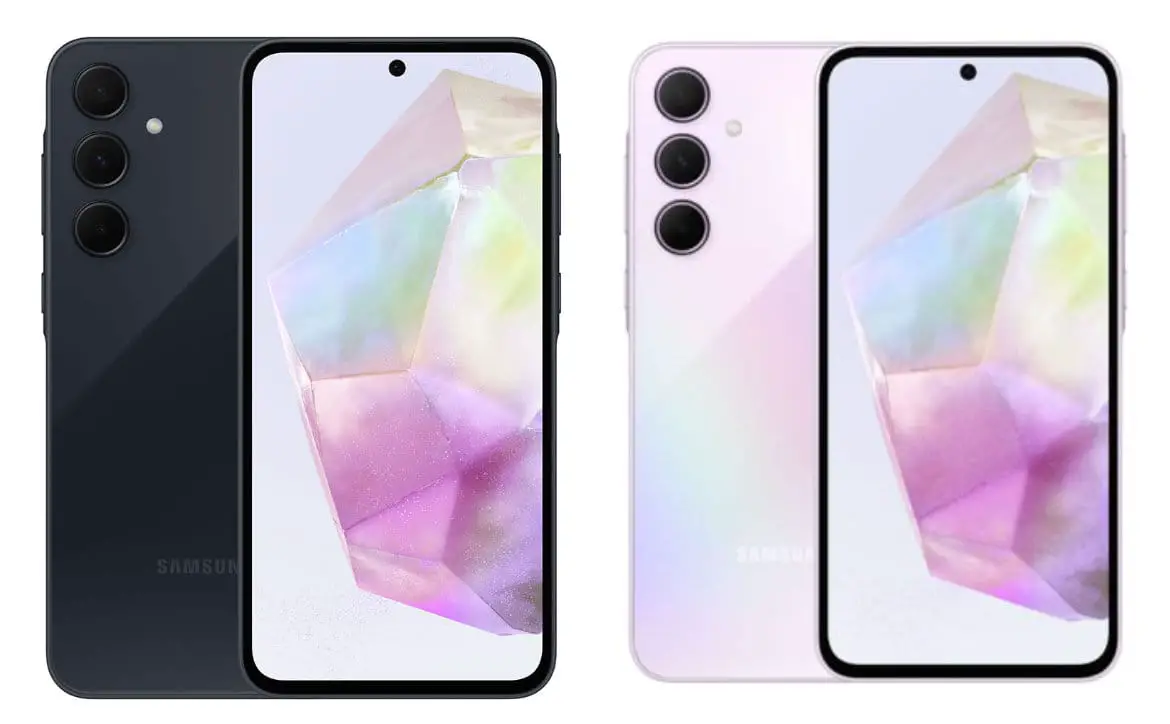The video game industry is decades old. The first video game was created in 1958, and Pong, the first
commercially successful game, was released in 1972. However, only recently have video games enjoyed
widespread acceptance as a serious form of entertainment. As video games permeate more and more of everyday life, it is worthwhile taking some time to understand video game sales and industry.
Sales Channels
In some ways, video games follow the patterns of other consumer software. There are two main
distribution channels: digital stores and retail stores. The latter used to be the go-to option and involved
physical media sales such as CDs, DVDs and Blu-Rays. The former is increasingly dominant. There
are digital distribution platforms on all video game consoles, PCs and mobile devices. These platforms
typically take a cut of each sale in exchange for facilitating that sale.
Licensing
Video game publishers have a few different models for licensing their software. Like other consumer
software, it is typically sold/provided to the user under the terms of an end-user license agreement. Game
licenses may be sold at a flat fee to customers. Some licenses are provided for free but supported by
either a freemium or in-app transaction model (microtransactions may also be used in games with paid
licenses). Occasionally, games have subscription models, particularly those that are exclusively online.
However, this is growing less common.
Marketing
The sales process for video games is typically a pull strategy. The publishers advertise directly to
consumers, who then encourage retailers to stock games based on their demand. With digital channels,
this is moot because the game simply needs to be listed on a specific store, which typically only costs a
nominal fee.
Therefore, there is minimal sales prospecting and professional selling. Any prospecting that does happen is typically focused on pushing the games to major retailers who can significantly improve sales by stocking the product.
There are a wide variety of marketing strategies used in video game sales. Traditional advertising such as TV spots and print ads tend to be limited to the highest budget releases. Mobile advertisements
are essential for phone- and tablet-based games. For PC and console games,
announcements, events, trailers, and social media play essential marketing roles. Additionally, reviews
and “let’s play” videos are invaluable for offering a third-party perspective.
The market can be quite price sensitive. Thus, sales promotions can help businesses to increase the
sales of older titles. Furthermore, it is vital to have a well-developed pricing strategy.
Positioning
The video game market is becoming increasingly diverse. Where it was once associated primarily with
young males, there are now substantial market segments of older players and women. Additionally, there
are more games than ever targeted at very young players (or, more accurately, their parents). This means
that finding the proper positioning is essential for maximizing sales.
Business Sales
Although most games are consumer products, several games are targeted at
business-to-business and business-to-government channels. These games, which may sometimes be
closer to simulations, are used for training and education.
This is also a sizable market, despite being overshadowed by the enormous consumer games market.
Unsurprisingly, the sales processes in this segment follow a more traditional enterprise software model.
There is a lot of involvement of salespeople, and marketing is a little more conventional (less pull-focused
and a reduced emphasis on hype).
With the right strategy, your video game business can potentially enjoy healthy sales in this segment. It is
also a good area for custom software development businesses. This is a little different from the above-explored models because it is a service-oriented model. However, addressing the unique training needs
of various organizations can be a good approach.
Learn More
Discover more about the video game industry and sales within it. Although there are parallels between
video games and other types of software, they follow a somewhat unique set of rules. Therefore, it is
vital to understand the unique requirements to achieve success.
What do you think about this article? Do you have a better understanding of what goes into video game sales? Let us know on social media by using the buttons below.










